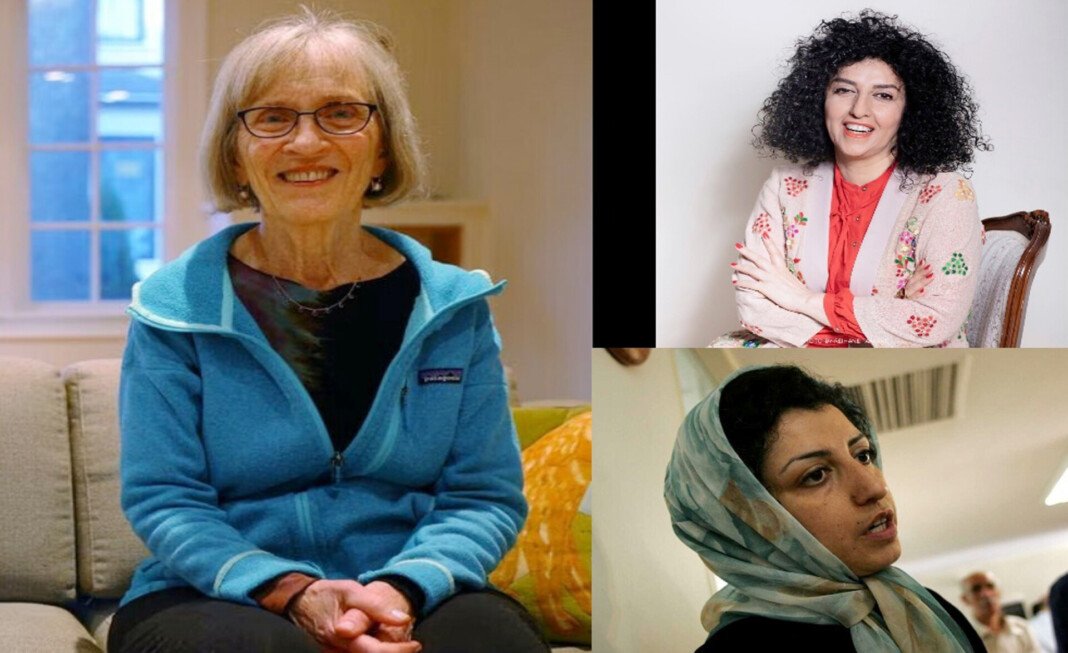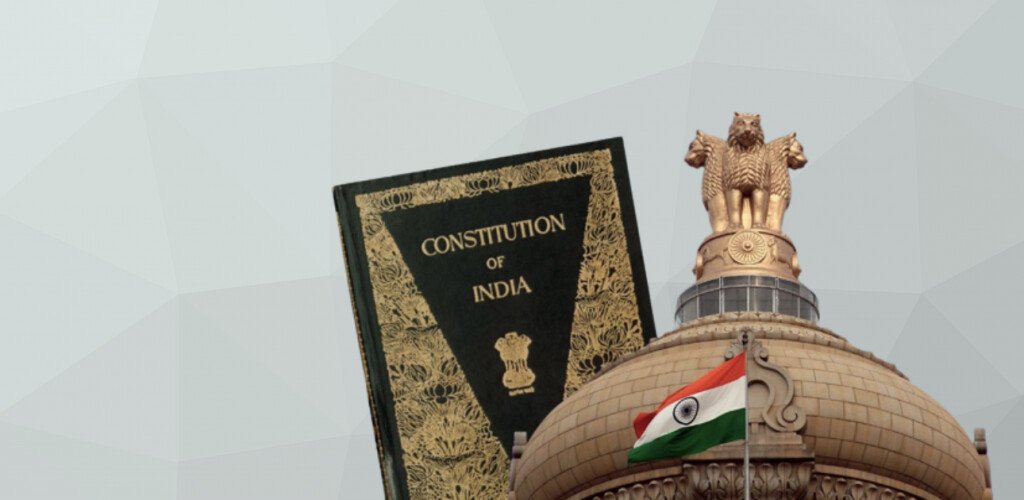By: Shashanka Das
Despite the odds stacked against them, women have been at the forefront of fighting for justice, peace, and human rights. From Rigoberta Menchu Tum to Narges Mohammadi, these remarkable individuals have not only defied oppressive systems but have also been recognized for their efforts with the Nobel Peace Prize.
As we reflect upon the journey of these remarkable women, it becomes evident that their success is not solely measured by the accolades they have received but by the impact they have made and the lives they have touched. From Rigoberta Menchu Tum’s tireless advocacy for indigenous rights to Shirin Ebadi’s unwavering pursuit of justice, Tawakkol Karman’s historic accomplishments, and Narges Mohammadi’s resilience in the face of oppression, these women have rewritten the narrative of what is possible.
In 1992, Rigoberta Menchu Tum became the first indigenous woman to win the Nobel Peace Prize. Growing up in Guatemala during a period of extreme violence and political turmoil, Menchu Tum faced unimaginable hardships. Her family was among the many victims of the army’s brutal pursuit of regime opponents. However, instead of succumbing to fear, Menchu Tum found the strength to fight for justice.
Fleeing to Mexico in the 1980s, Menchu Tum began collaborating with European human rights groups. Her advocacy work focused on ethnic reconciliation and the rights of indigenous peoples. It was through her tireless efforts that she played a vital role in the peace negotiations mediated by Norway, which ultimately led to a historic agreement in 1996. This agreement aimed to address the root causes of Guatemala’s long-standing conflict and promote social justice for all its citizens.
Menchu Tum’s achievements did not end there. She later became a UN ambassador for indigenous people worldwide, using her platform to advocate for the rights and well-being of marginalized communities. Her journey from a war-ravaged Guatemala to becoming a beacon of hope and change inspired countless individuals, both men, and women, to stand up against injustice.
Shirin Ebadi, an Iranian judge, made history in 2003 as the first Muslim woman to win the Nobel Peace Prize. She dedicated her life to fighting for democracy, human rights, and gender equality in Iran. Ebadi’s focus on women and children’s rights was particularly noteworthy, as she sought to empower those who had suffered the most under Iran’s oppressive regime.
Despite facing intimidation and threats from the authorities, Ebadi fearlessly championed the cause of justice. She used her legal expertise to represent victims of state-sponsored violence and discrimination, shedding light on the atrocities committed against women and children. Through her advocacy work, Ebadi contributed to raising awareness both within Iran and internationally, prompting a global conversation about the urgent need for change.
In 2011, Tawakkol Karman, a Yemeni journalist and activist, became the first Arab woman to receive the Nobel Peace Prize. Known as the “Mother of the Revolution,” Karman played a pivotal role in the Arab Spring protests that swept across the Middle East and North Africa. She tirelessly advocated for women’s rights, safety, and their full participation in peace-building processes.
Karman’s powerful voice resonated not only in Yemen but also globally. She fearlessly challenged patriarchal norms and demanded social justice for all. Her efforts brought attention to the plight of Yemeni women and their marginalization in society. Karman’s recognition as a Nobel laureate served as a beacon of hope for women in the Arab world and beyond, inspiring them to advocate for their rights and defy oppressive systems.
In a historic moment in 2023, Narges Mohammadi, an Iranian women’s rights activist, was awarded the Nobel Peace Prize. Mohammadi’s relentless fight against the oppression of women in Iran and her unwavering commitment to promoting human rights and freedom for all caught the attention of the Norwegian Nobel Committee.
However, Mohammadi’s journey has not been without sacrifice. She has been imprisoned multiple times, including her most recent arrest in November of the previous year. The Iranian authorities targeted her after she attended a memorial for a victim of the violent 2019 protests. Despite the hardships she has faced, Mohammadi has remained steadfast in her pursuit of justice.
Having been convicted five times and sentenced to a staggering 31 years in prison, Mohammadi’s recognition as a Nobel laureate is a testament to her tenacity and the power of her advocacy work. Her bravery has not only brought attention to the plight of Iranian women but also serves as a stark reminder of the ongoing struggles faced by human rights defenders worldwide.
These women stories serve as beacons of hope, inspiration, and courage for countless individuals around the world who face adversity and injustice. Their unwavering determination to fight for a world where peace, equality, and justice prevail should serve as a rallying cry for all of us to stand together, united in our pursuit of a better future. The legacy of these Nobel Peace Prize laureates will continue to inspire future generations of women and remind us of the transformative power that lies within each of us. (The author is a freelance writer who can be reached at shashankadas0007@gmail.com)







